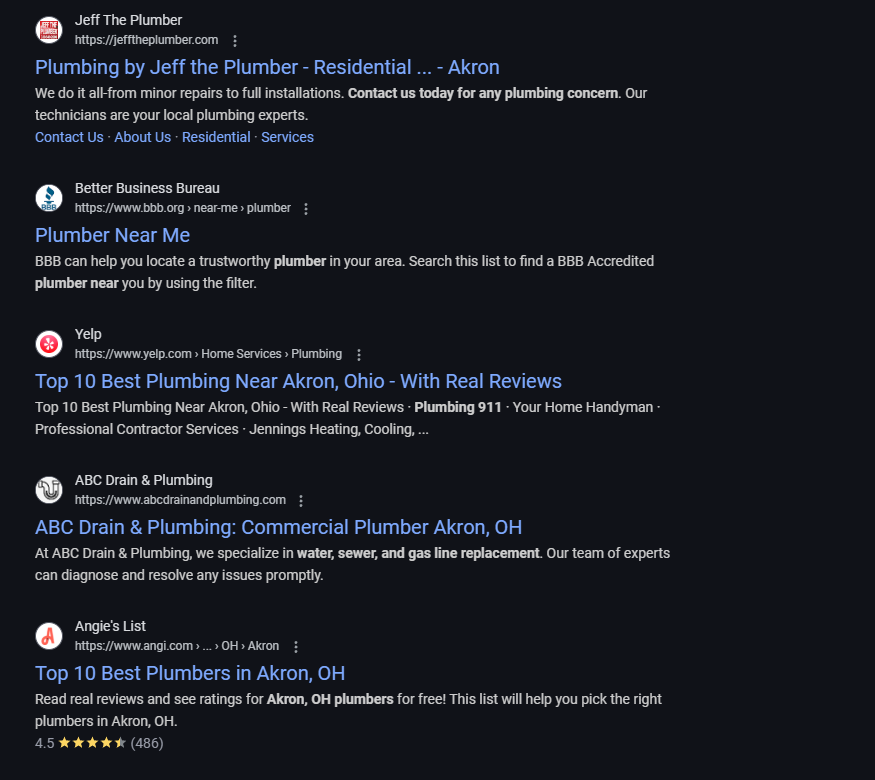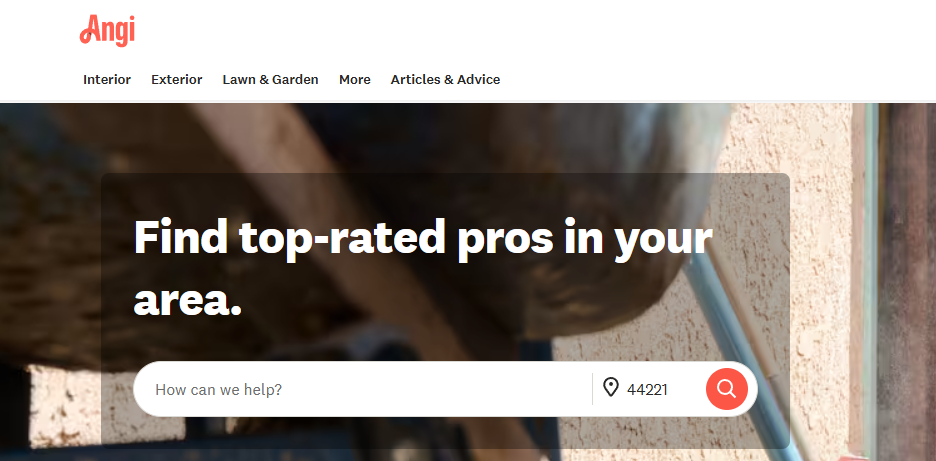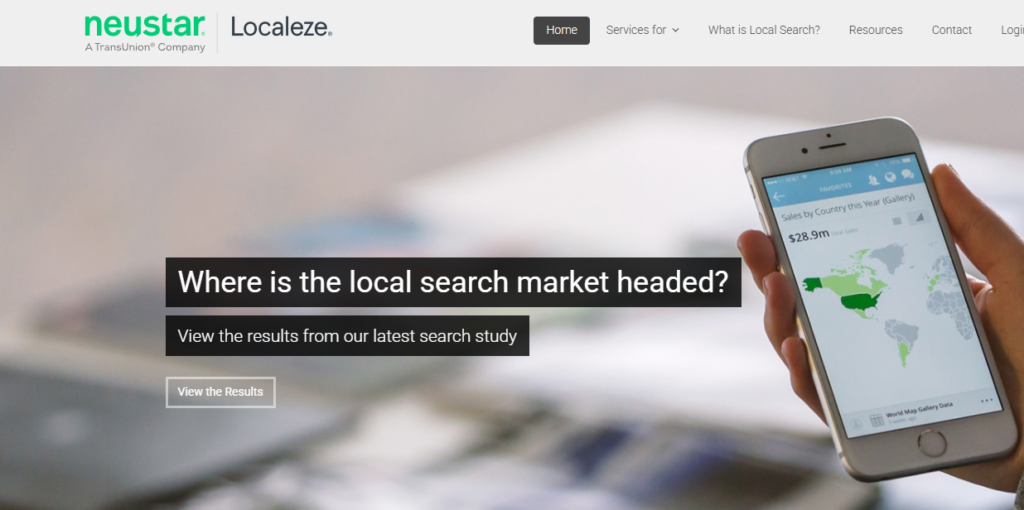Local citations are mentions of your business’s name, address, and phone number – commonly known as NAP on other websites that are not your own. This includes websites such as: directories, review sites, news articles, or even on social media platforms. Local citations are considered to give small amounts of authority to a given website, but they carry a big weight when it comes to local SEO and the way your business ranks in the search results like Google Maps and the natural search results.
Google’s Algorithm when it comes to local SEO uses your NAP info as a major ranking signal that your business is legitimate, an actual local business, and are actually located in the location listed on your GMB (Google My Business) profile.
Why Citations Matter in Local SEO?

Search engines like Google rely on accurate information to decide which businesses to show in local search results. When your business’s NAP details are listed consistently across trusted websites, it sends a strong signal that your business real, reliable, and can be trusted by Google’s Local Algorithm.
Your local citations help improve search rankings because search engines trust consistency. The more often they see the same correct information, the more likely your business will appear in local results (or search engine results page, SERPs for short) and Google Maps.
It also builds customer trust. If someone sees your address and phone number listed the same way across several websites, they feel more confident in reaching out. That trust can turn into real visits, clicks, or calls, increasing your local traffic.
Where to Get the Best Local Citations?
Not every citation is worth your time. You want to be smart about where you list your business.
Start with the major platforms for the foundation of your citation building process:
- Google Business Profile
- Yelp
- Bing Places
- Apple Maps
After you have got these 4 major citations completed for your company, you find general citation lists and a list industry specific local citations over at Brightlocal.
After check Google search results for your main keywords. If certain directories rank high in your area or industry, those are the next ones to target. Since here at Blue Sky Advertisement we work with mainly contractors – Angie’s and Thumbtack are another major set of local citations that are powerful for local service contractors.
If you aren’t looking to manually build your citations and are lacking the time, you can always hire out Brightlocal. We use them from time to time for getting our client’s listed on the data aggregator & network sites because its a pain, but we manually do all citations for our clients.
- Data Axle
- Neustar
- YP Network
- GPS Network
- Foursquare
You can find geolocation-specific directories by using search operators like inurl:xxxxxxx “xxxx” while doing a google search to find local citations specific to your businesses service area.

How to Get Your Citations Listed?
There are 3 major ways to list your citations
- Manually submitting them: you can use our local citation sheet that consists of every piece of information you will need in order to submit citations to almost every site. You can make a copy of it and use the template yourself.
- Paying someone to do it for you: Bright local and other providers like Blue Sky Advertisement can help you build local citations to your business.
- Aggregator submission: Yext is typically the go to for this to get your citations listed on Data Axle, Neustar, YP Network, GPS Networks, and Foursquare.
How To Build Local Citations Effectively in 2025
Some of the best ways to expand your citation footprint today involve smart distribution strategies. Data aggregators like Localeze, Foursquare, and Infogroup help push your business info to dozens of platforms at once. This saves time and reaches places you might not think to check.

Social media platforms like Facebook, Instagram, and LinkedIn also count as informal citations. Just make sure your NAP details are up to date on each one.
Don’t overlook the importance of review sites. Yelp, TripAdvisor, and other feedback-focused platforms serve as both review hubs and citation sources. Keeping your profiles complete and accurate helps build visibility and trust.
Provide as Much Consistent Information as Possible
The final piece of the puzzle is consistency. It’s not exciting, but it’s vital. You could have 100 citations but if the information isn’t uniform, it can hurt your rankings.
Schedule regular audits using tools like SEMrush or Whitespark. These scans will catch small issues before they become big problems. Whether it’s a typo, a formatting error, or an old address, fixing it helps search engines keep trusting your business data.





